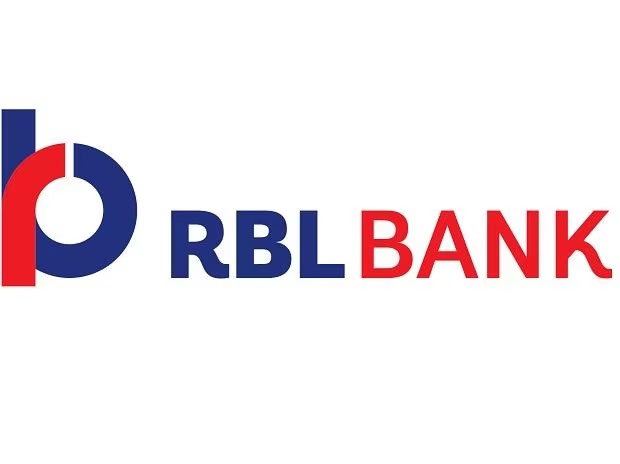The Reserve Bank of India (RBI) has reportedly granted only a one-year extension for Bajaj Finance’s co-branded credit card partnership with RBL Bank, citing “serious deficiencies” in the non-banking financial company’s adherence to regulatory guidelines. The extension, valid until December 21, 2024, falls short of the longer duration sought by Bajaj Finance, according to sources cited by CNBC-TV18.
As of 1:15 pm, Bajaj Finance’s stock was trading at Rs 7,169.95 on the NSE, marking a 1.72 percent decline, while RBL Bank’s stock witnessed a 3.3 percent drop, reaching Rs 263.45.
It is noteworthy that the RBI has yet to permit non-banking financial companies (NBFCs) to independently launch credit cards, leading many such entities to pursue co-branded partnerships. Bajaj Finance, in particular, has established credit card collaborations with both RBL Bank and DBS Bank. While the partnership with DBS Bank is relatively recent, the one with RBL Bank dates back to FY18.
RBL Bank, as per its FY23 annual report, stands among the leading credit card issuers in India, holding over 5 percent market share in cards in force (CIF). Analysts from Motilal Oswal estimate that co-branded cards formed in partnership with Bajaj Finance constitute a significant portion, accounting for 60-65 percent of RBL Bank’s overall credit card issuances.
Bajaj Finance has recently faced increased regulatory scrutiny, with the RBI directing the company on November 15 to halt the sanction and disbursal of loans under its eCOM and Insta EMI Card lending products. This directive was issued due to the non-issuance of key fact statements to borrowers under these two lending products.
The central bank has also expressed concerns about the growing presence of unsecured consumer loans in the financial system. In response, the RBI has elevated the risk weight on such loans, impacting both lending and borrowing activities for NBFCs like Bajaj Finance.
Despite these challenges, Bajaj Finance reported a consolidated net profit of Rs 3,551 crore for the July-September quarter of the current year, marking a 28 percent increase compared to the same period last year. Analysts had initially projected a 30 percent year-on-year growth in net profit. The evolving regulatory landscape poses both challenges and opportunities for Bajaj Finance as it navigates the intricacies of the financial sector.

